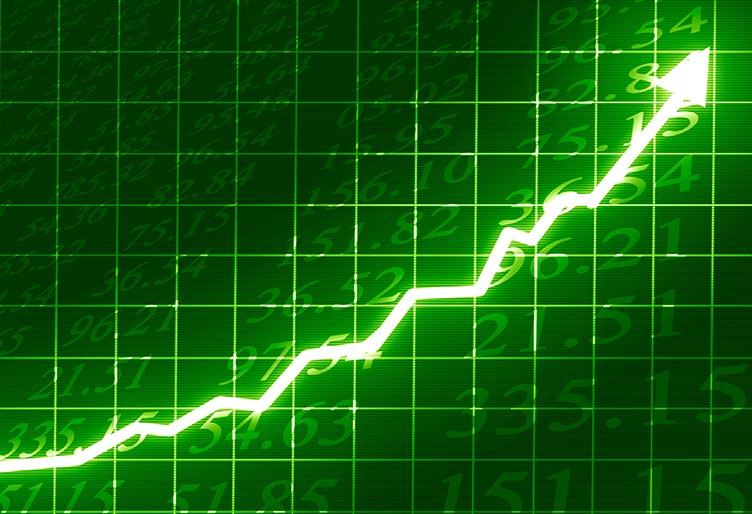At the beginning of 2022 the Australian economy appeared to be sliding into recession, dragged down by higher interest rates and even higher inflation levels. As a result, it was tempting to believe the share market was also set to tumble.
And while that’s not impossible, the local market traded higher during each of Australia’s last nine recessions, with some of the strongest trading on the Australian share market occurring when the economy was contracting.
For example, 1983 was the best year ever on the Australian share market, climbing 60 per cent higher, while the economy was stuck hard in the 1981-1983 recession. So, while it is tempting to think poor economic times mean a dismal outlook for the market, there are four key reasons why that is usually not the case.
Market Expections
Firstly, the market is driven by expectations.
There is an old saying investors buy on the rumour and sell on the facts. Big share market falls occur suddenly, well before the economy officially moves into recession, as investors promptly react to bad news.
Once the economy is in recession, investors look to the future and how companies can take advantage of emerging opportunities in an improving economy. Improvements that can take time to show up in economic data.
Sentiments and Concerns
Secondly, the share market reflects investor sentiment while consumer concerns and beliefs dominate the economy.
Consumers might cut back on buying clothes or going out in preference to boosting savings when they fear bad times.
In contrast, professional investors are constantly looking for opportunities and, for good or bad, economic downturns, where small businesses go bust and consumer sentiment changes, usually create them.
Response to world events
Thirdly, the share market comprises large successful companies. In contrast, economic statistics are dominated by what is happening to individuals and small businesses. Two groups that can respond very differently to world events.
For example, the war in Ukraine prompted a rise in energy prices, particularly for oil. Most individuals and small businesses responded by cutting back on their petrol consumption, while large oil companies are cranking up production to take advantage of these higher prices.
Large companies and small businesses
Finally, the share market has a much smaller universe than the economy. The market is made up of large companies entirely focused on getting larger and more profitable and, in doing so, attracting more investors to support their efforts.
The economy is made up of Governments, individuals, and small businesses, all making a wide range of decisions about how they will live and operate in an ever-changing world and are basing those decisions on a raft of factors.
For instance, a coal company may decide to open a new coal mine because it has found significant reserves in a certain location and knows it has the technology and skills to extract that coal and sell it for a profit.
A government might approve the mine because it believes it will boost the local economy through increased employment and activity, increase revenue by taxing the company’s profits, and impose royalties on the coal.
Or the government might decide it won’t approve the coal mine due to concerns the mine will damage the environment and, in doing so, create a voter backlash.
Individuals wanting jobs at the mine may support it, but others might object to the noise and interruption to their daily routine. Small businesses might welcome the extra activity, but smaller mines might not want the added competition.
So, while the share market and economy are connected, they are influenced by widely different variants that often see them heading in different directions.
This article contains information that is general in nature. It does not take into account the objectives, financial situation or needs of any particular person. You need to consider your financial situation and needs before making any decisions based on this information.

